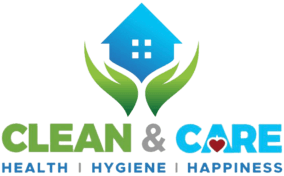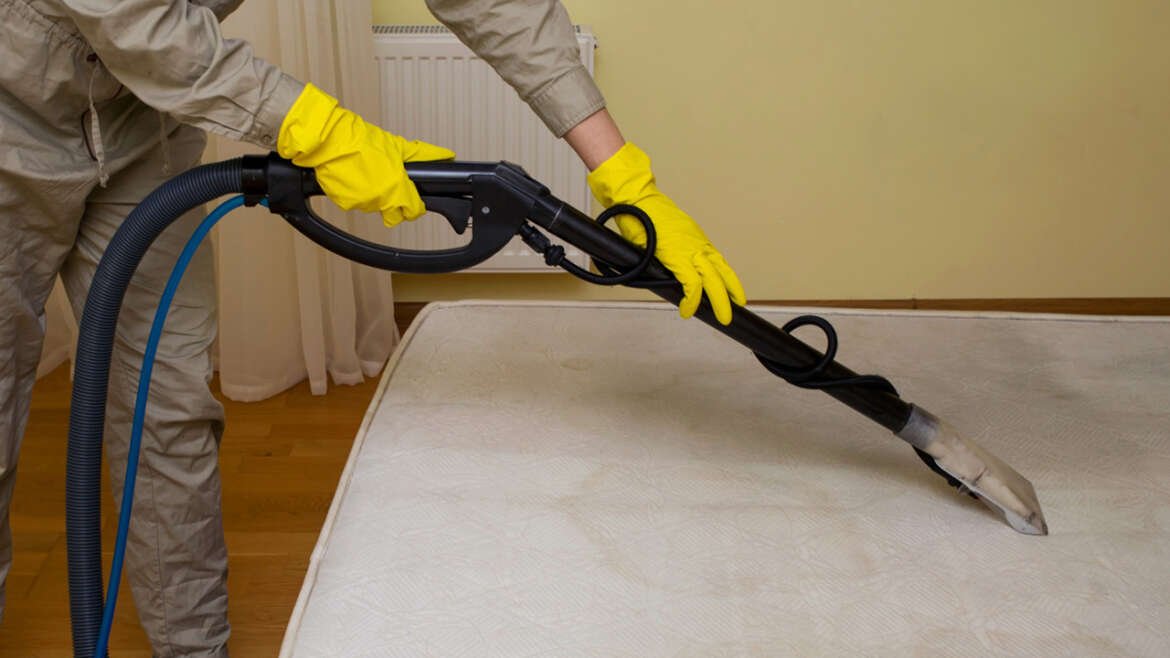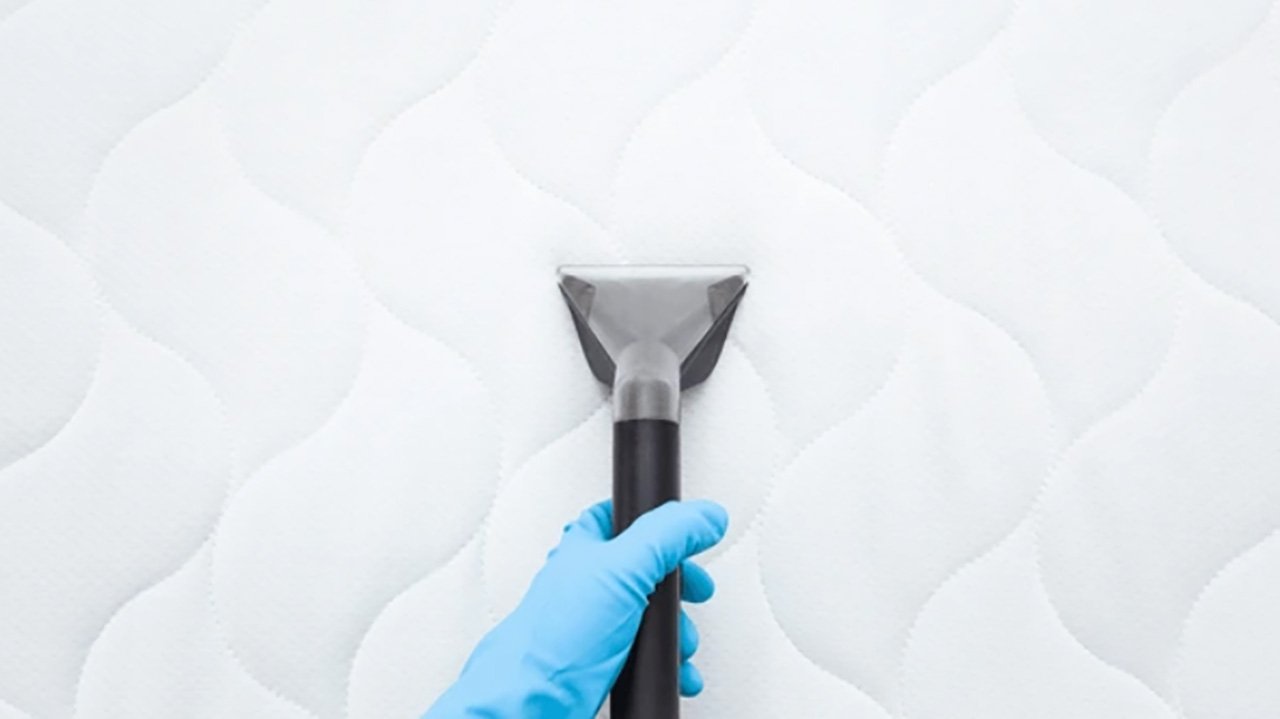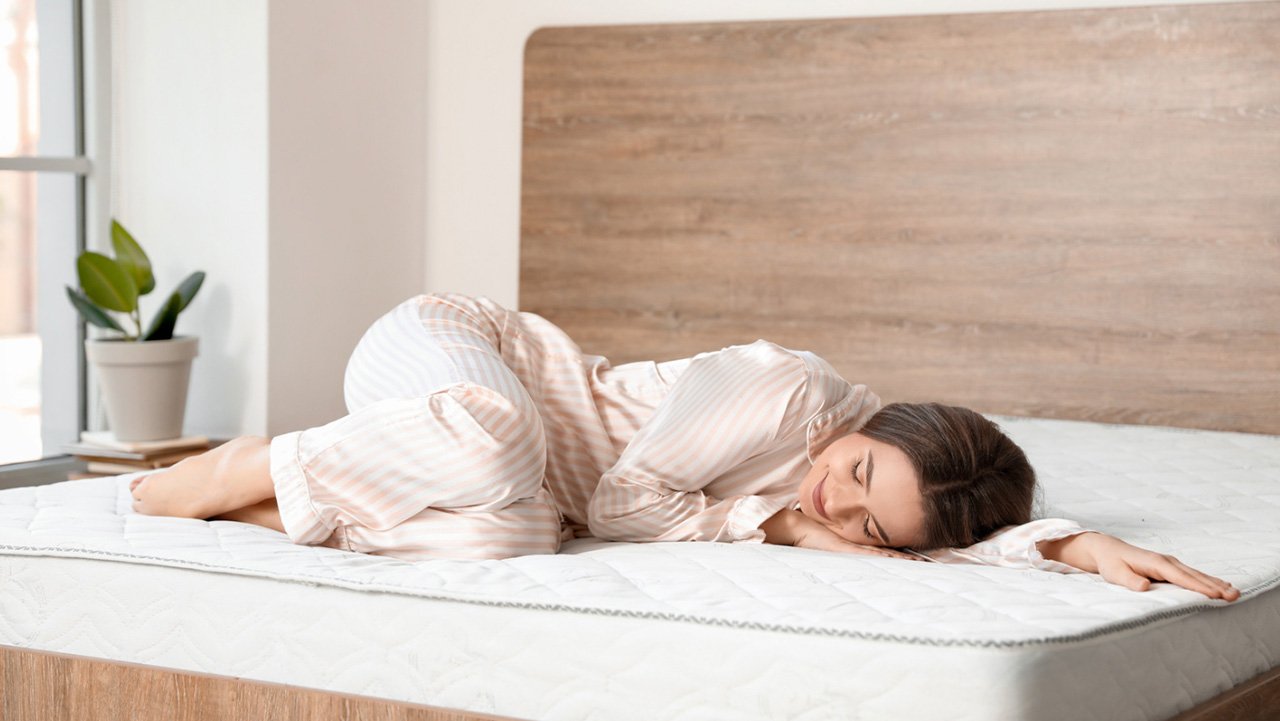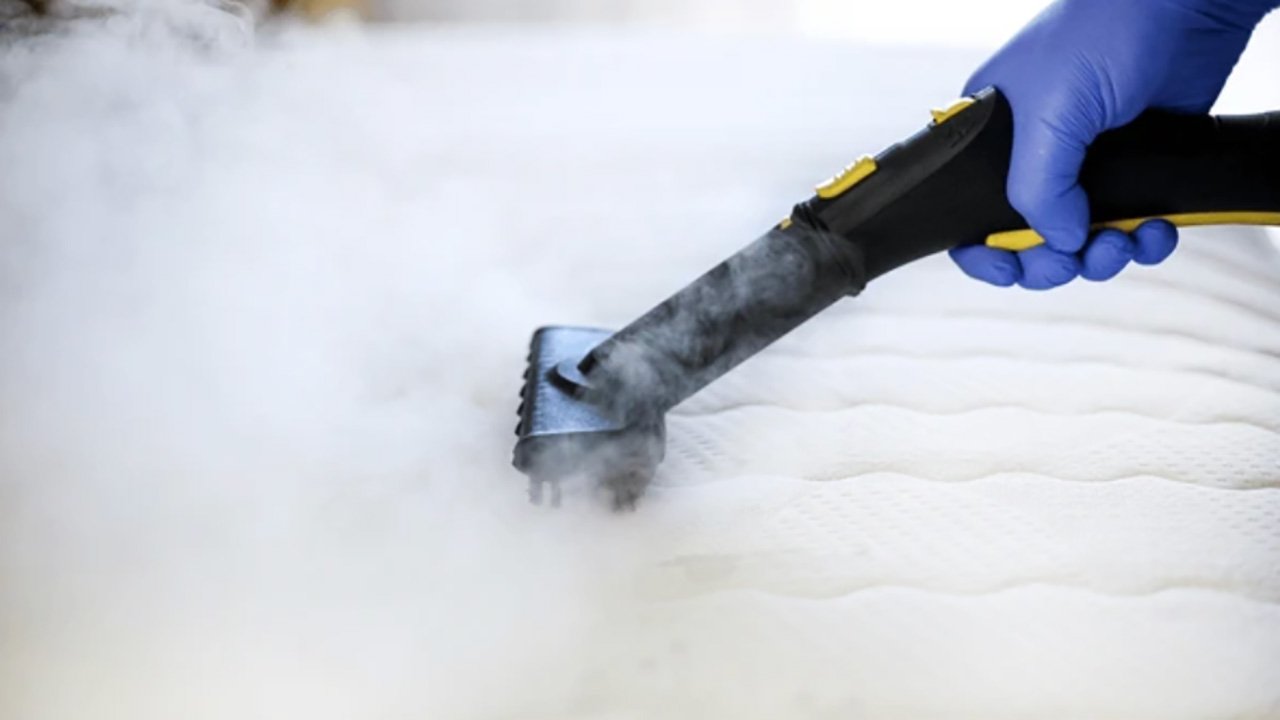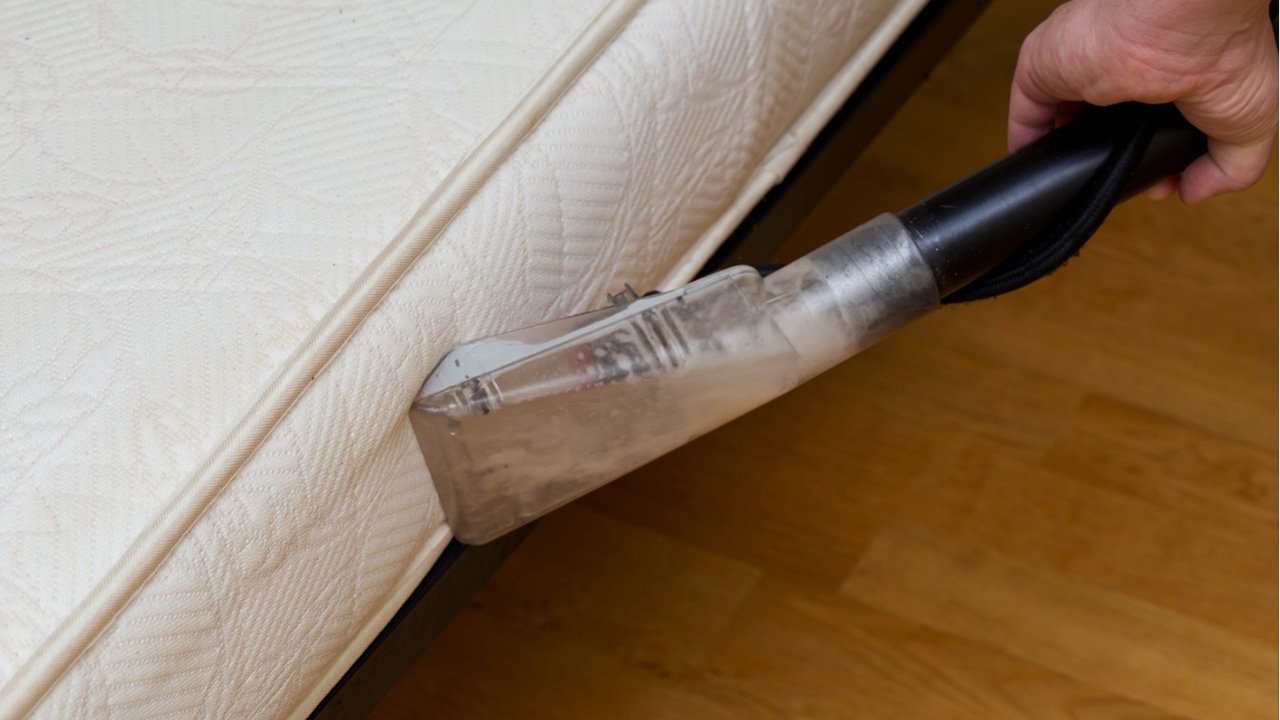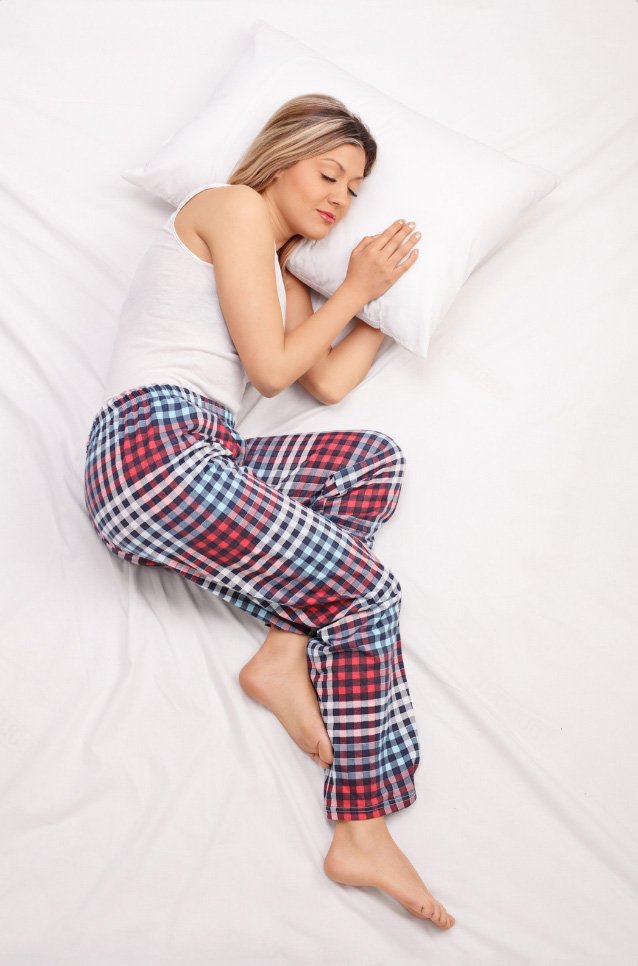A good night’s sleep starts with a clean mattress. Over time, mattresses accumulate dust, allergens, sweat, and stains, impacting hygiene and sleep quality. Regular mattress maintenance is, therefore, essential for a healthy sleeping environment.
This comprehensive guide explores various cleaning methods, with a particular focus on dry cleaning, to help you determine the best ways to clean your mattress and keep your bed feeling fresh and revitalising.
Can You Dry Clean a Mattress?
Yes, you can dry clean a mattress. However, it’s important to understand that “dry cleaning” refers to a particular process:
What is Dry Cleaning?
Dry cleaning is a process that uses very little to no water. There are different types of dry cleaning: one process only uses specialised chemical solvents, while the other relies on dry compounds to lift and remove dirt, stains, and allergens.
Unlike traditional dry cleaning for garments, which involves immersion in solvent, mattress dry cleaning usually consists of applying a dry cleaning solution or powder to the mattress surface. This is then worked into the fabric and extracted, often with a powerful vacuum.
This method aims to clean while minimising moisture, which can damage the mattress and lead to mould growth.
Benefits of Dry Cleaning Your Mattress
Learning how to dry clean mattresses means understanding several advantages. First, it eliminates odours, breaks down and lifts stains, and neutralises dust mites and other allergens without the risks associated with excessive water usage.
This low-moisture approach minimises drying time and reduces the chance of mould or mildew developing within the mattress layers. Unlike some wet cleaning methods, dry cleaning is often gentler on mattress fabrics, helping to preserve their integrity.
What Does Dry Cleaning a Mattress Involve?
The process of how to dry clean a mattress typically involves the following steps:
- Preparation: The mattress is vacuumed to remove loose surface debris, dust, and pet hair.
- Application of Dry Cleaning Solution/Compound: A specialised dry cleaning solvent or powder is evenly applied across the mattress surface. The specific product used can vary based on the type of stain and mattress material.
- Agitation: The cleaning agent is gently worked into the mattress fibres using a brush or specialised equipment to break down stains and trapped particles.
- Soak Time: The product is allowed to sit on the mattress for a specific period, as per the manufacturer’s instructions, to effectively lift the impurities.
- Extraction: A powerful vacuum cleaner, often with specialised attachments, is used to thoroughly extract the dry cleaning solution or powder, along with the dislodged dirt and allergens.
- Ventilation: The room is well-ventilated to allow any residual fumes to dissipate completely.
6 Ways to Maintain a Clean Mattress
Keeping your mattress clean involves a combination of regular habits and deeper cleaning methods:
1. Use Mattress Protectors
A high-quality, waterproof, and breathable mattress protector is your first line of defence against spills, stains, dust mites, and allergens. It acts as a barrier, significantly extending the lifespan and cleanliness of your mattress.
2. Regular Deep Cleaning with Steam or Dry Cleaning
Steam cleaning and dry cleaning offer effective deep cleaning options, but they differ in their approach.
On the one hand, steam cleaning uses hot vapour to sanitise and lift dirt, which can be effective for general cleaning and killing some allergens. However, it introduces moisture, requiring thorough drying. On the other hand, dry cleaning, as discussed, uses minimal to no water, making it a safer option for preventing moisture damage and allowing for quicker use.
Choosing between steam cleaning vs. dry cleaning depends on your specific needs and concerns. For odour elimination and stain removal with minimal moisture, dry cleaning is often preferred.
3. Use a Vacuum Cleaner
Regular vacuuming, ideally weekly, helps to remove surface dust, dead skin cells, and allergens that accumulate on your mattress. Choose a vacuum cleaner with a HEPA filter to remove dust mites, dead skin, and other debris from the mattress and make sure you use an upholstery attachment to reach all crevices and surfaces.
4. Rotate and Flip
Rotating your mattress (end to end) and flipping it (if it’s double-sided) every few months helps to distribute wear evenly, preventing sagging and prolonging its lifespan. This also helps air dry different parts of the mattress.
5. Spot Cleaning Stains
Address spills and stains immediately to prevent them from setting in. Use a mild detergent diluted in cool water and gently blot the affected area. Avoid over-wetting the mattress. For specific stains, consider using appropriate stain removers, always testing in an inconspicuous area first.
6. Opt for Professional Mattress Cleaning Services
For stubborn stains, deep-set odours, or a comprehensive clean, opting for professional mattress cleaning services is often the best way to clean your mattress.
Professionals have the expertise, specialised equipment, and effective cleaning solutions to achieve high-quality results without damaging your mattress.
Their process usually includes doing thorough inspections, application of appropriate dry cleaning agents, careful agitation, effective extraction using powerful machinery, and ensuring proper ventilation.
Other Methods for Mattress Cleaning
While dry cleaning offers significant benefits, other methods are also used for mattress care. However, it’s important to note that the following three methods are not types of dry cleaning but rather alternative approaches to mattress cleaning:
UV Light Cleaning
UV light cleaning uses ultraviolet-C (UV-C) light to sanitise the surface of the mattress by killing bacteria, viruses, and dust mites. While it can be effective for surface-level disinfection, it does not remove physical dirt or stains.
Steam Cleaning
As mentioned earlier, steam cleaning uses hot water vapour to clean and sanitise. It can penetrate deeper into the mattress but requires careful drying to prevent moisture-related issues.
Wet Cleaning
Wet cleaning involves using water-based cleaning solutions applied directly to the mattress. This method is typically used for stain removal but carries the risk of over-wetting and requires a significant amount of drying time.
Which Method of Mattress Cleaning is Best for You?
To help you decide the best way to clean your mattress, here’s a quick comparison of different methods:
| Method | Pros | Cons | Best For |
| Dry Cleaning |
|
|
|
| UV Light |
|
|
|
| Steam Cleaning |
|
|
|
| Wet Cleaning |
|
|
|
Experience a Fresher, Healthier Mattress with Clean and Care!
Learning how to clean your mattress the right way is crucial for a healthy sleep environment. At Clean and Care, we offer professional and highly effective mattress cleaning services, including proven and tested dry cleaning methods, tailored to your specific needs.
Our Dry and Green Technology method ensures a thorough, safe, and eco-friendly clean, making it the preferred method for many:
- Deep Extraction: A meticulous technique using top-of-the-line cleaning machines to eliminate bacteria, dust mites, and stains.
- Eco-Friendly Products: Safe and effective products that protect your health and the environment.
- Expert professionals: Highly trained professionals who deliver consistent and high-quality service.
- Quick and Convenient Process: No drying time is required. Your mattress is ready for immediate use.
Contact Clean and Care to schedule your professional mattress dry cleaning services. You can also count on us to deliver top cleaning solutions, including carpet cleaning services and sofa cleaning services! Partner with us today!
